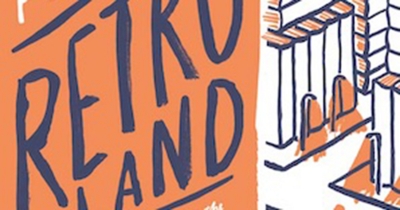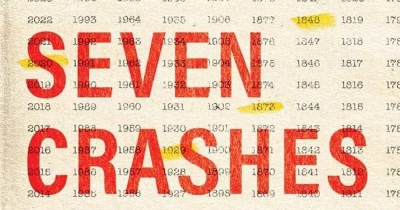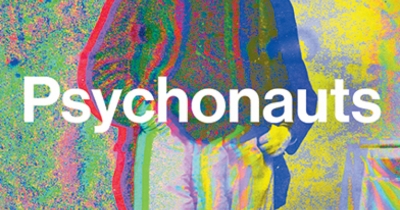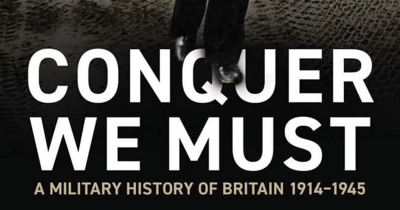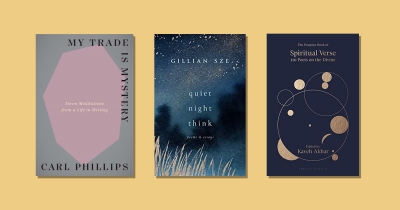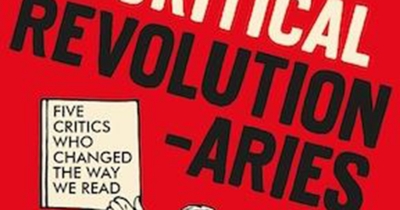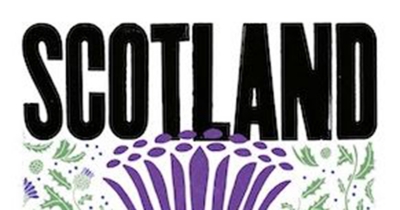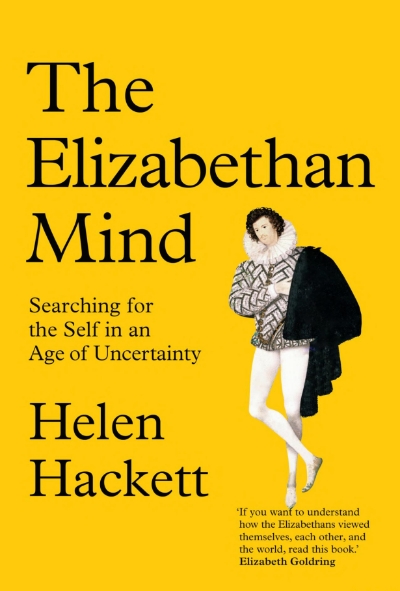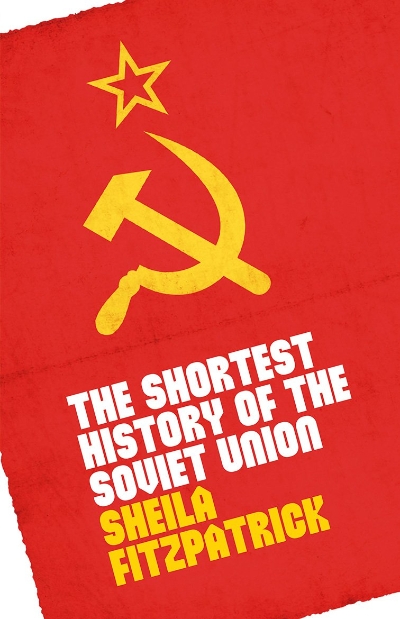Yale University Press
Alfred Dreyfus: The man at the center of the affair by Maurice Samuels
by Peter McPhee •
Retroland: A reader’s guide to the dazzling diversity of modern fiction by Peter Kemp
by Andrew van der Vlies •
Seven Crashes: The economic crises that shaped globalisation by Harold James
by Stuart Kells •
Psychonauts: Drugs and the making of the modern mind by Mike Jay
by Ben Brooker •
Conquer We Must: A military history of Britain 1914–1945 by Robin Prior
by Joan Beaumont •
My Trade Is Mystery by Carl Philips & The Penguin Book of Spiritual Verse edited by Kaveh Akbar
by Felicity Plunkett •
Critical Revolutionaries: Five critics who changed the way we read by Terry Eagleton
by Benjamin Madden •
Scotland: The global history - 1603 to the present by Murray Pittock
by Gordon Pentland •
The Elizabethan Mind: Searching for the self in an age of uncertainty by Helen Hackett
by P. Kishore Saval •
The Shortest History of the Soviet Union by Sheila Fitzpatrick & Collapse by Vladislav M. Zubok
by Luke Stegemann •


